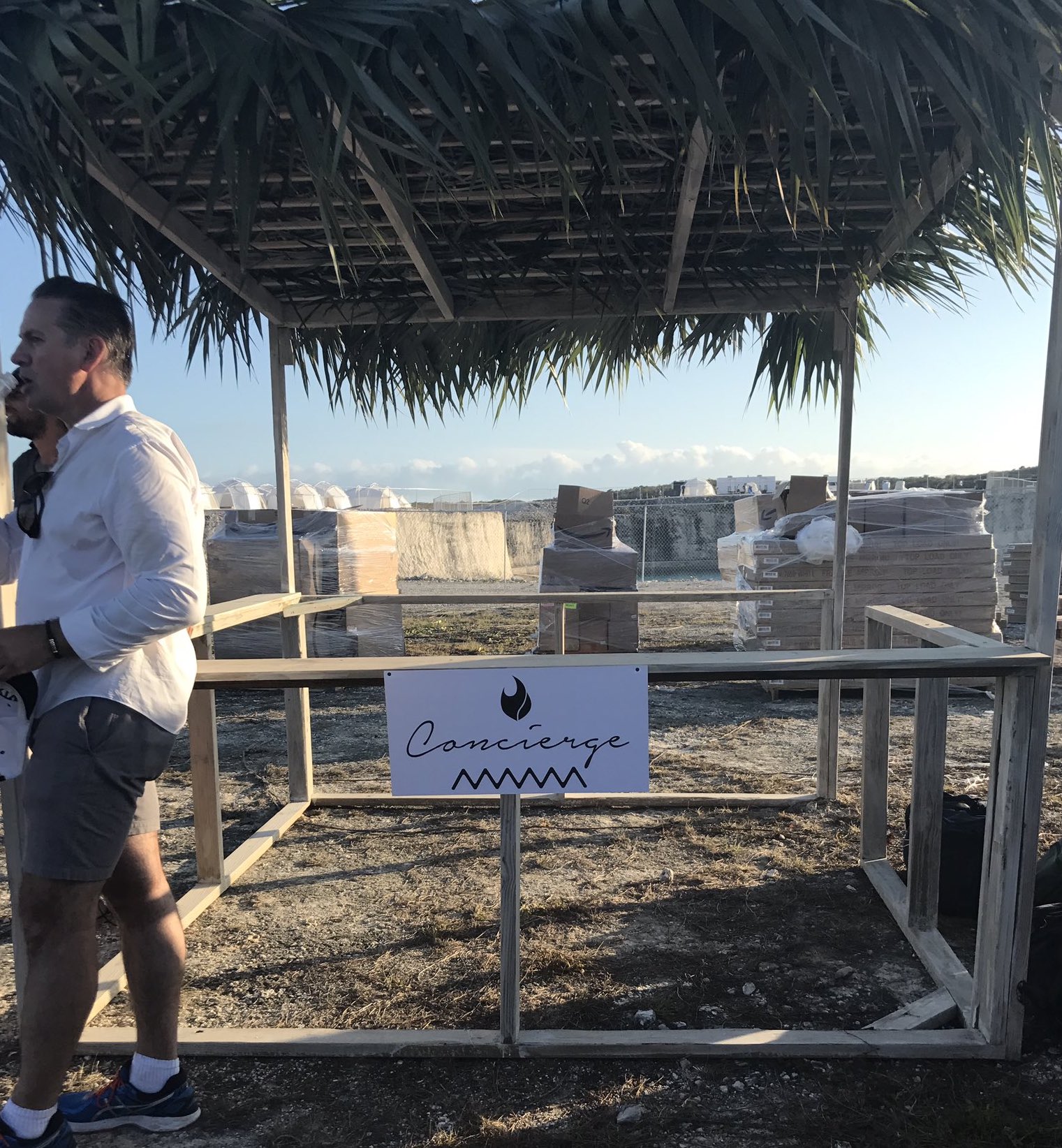Let’s Check In On Fyre Festival

Oh, don’t think we’ve forgotten about you just yet, Fyre Festival.
While much of the world has moved on from the disaster in the Bahamas, those who attended (or tried to attend) are now beginning their revenge as today the festival’s organizers–all-around great guy Billy McFarland and JaRule–were hit with a third lawsuit very similar to the previous class action lawsuit filed for upwards of $100 million.
Pitchfork obtained the latest filing from a federal court in New York that allege “false representations, material omissions and negligence.” The lawsuit seeks damages for “negligence, fraud and violations of consumer protection statutes.” No dollar amount is specified however they are asking for compensation plus interest, so surely that bill is going to ring in somewhere north of six digits.
On top of the lawsuits, those who worked at Fyre Fest are now speaking out, with Variety getting the scoop from just what it was like inside the belly of the beast from two production workers. One production professional briefly associated with the festival called it “incompetence on an almost inconceivable scale.”
There’s also reports that McFarland and his team were warned “over and over” that this event was impossible. McFarland recently published a lovely little piece in Rolling Stone suggesting that they were “naive” and the event will be back better than ever in 2018.
Fyre did do their due diligence in hiring professionals to survey the land and, as a former staffer told Variety, those professionals said it was going to be impossible. “They couldn’t handle that, so they fired everyone.” Savvy business move.
To make matters more alarming, the Variety report peaks with this stunning display of negligence and hubris.
The two production professionals became concerned as soon as they came on board. “They had fired a [previous production company], so we took a look at how much had been done — and there were so many red flags,” one said. “Things like water [supply], bathrooms and other everyday structures that should have been in place six months before — none of that had been done. We all said to them, ‘It takes at least eight months to a year to produce a festival, you have to push the date’ — we stressed that and said that over and over. And they were like ‘It’ll be fine, it’s not that big of a deal.’ They kept making it seem like we were exaggerating. It was like they didn’t care.”Even appealing to the young entrepreneurs’ reputations among the rich-millennial set they coveted had little effect.
“We said, ‘What you’ve promised [in statements and advertising promoting the festival] as opposed to what we’re even maybe capable of delivering in this amount of time is not the same. You’re going to destroy your brand if you try to have it on this date and don’t deliver what you promised. If you push the date a year, people will be upset. But once you deliver what you promised, they’ll get over it.’ But it was like they didn’t care: They literally kept saying, ‘We’re gonna be legends.’”
Legends, with years of litigation ahead of them.



















